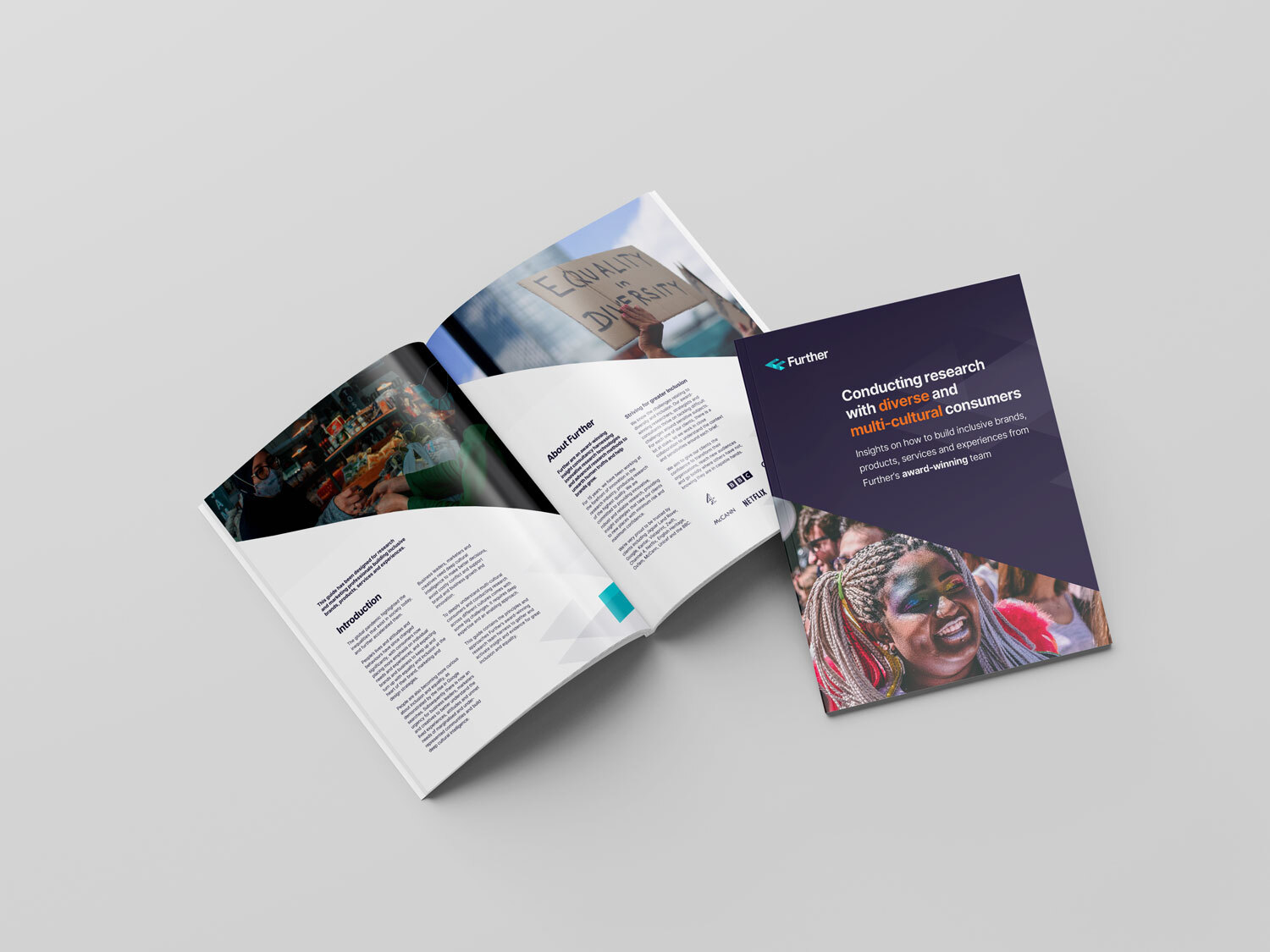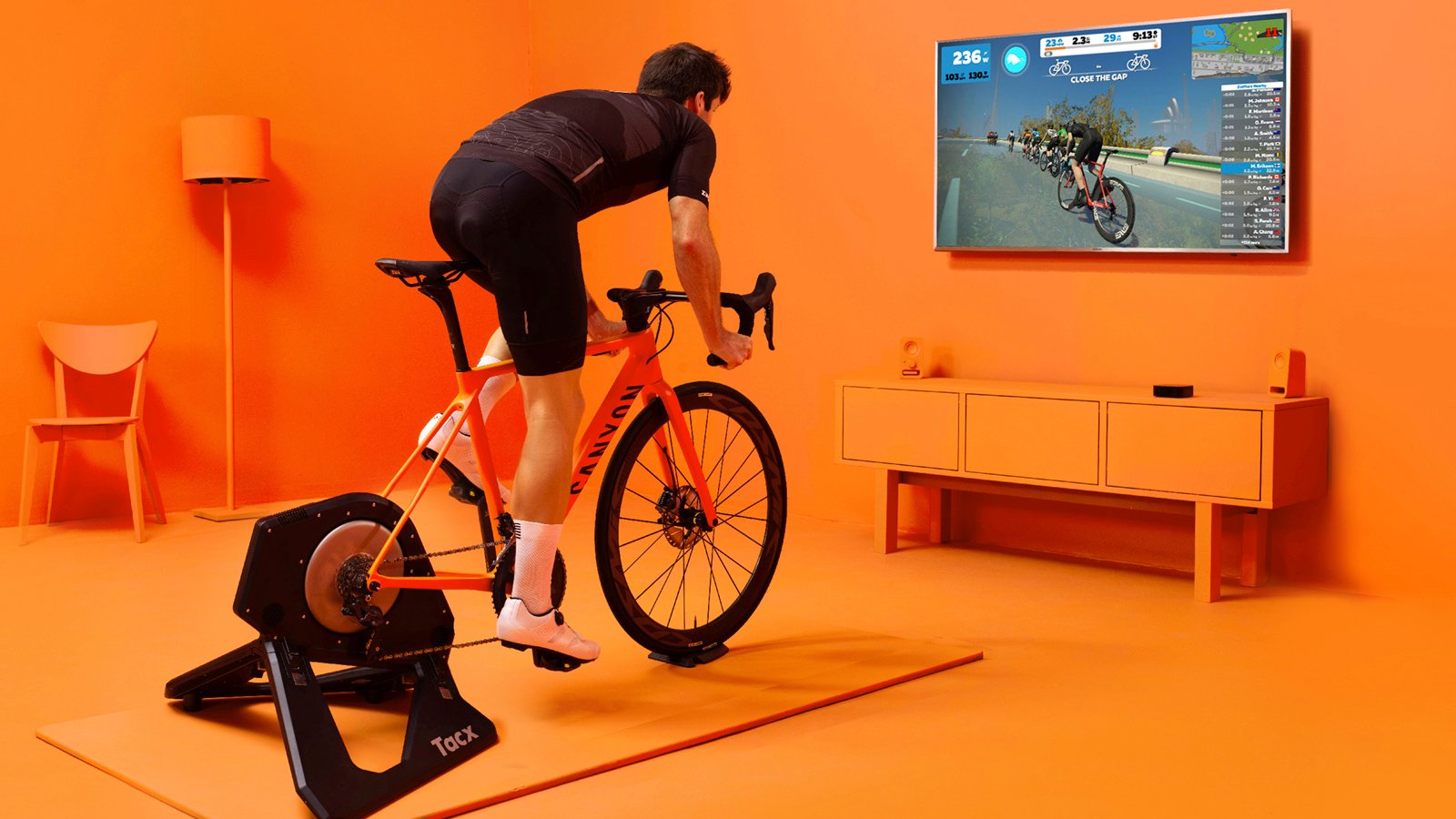As 2021 gets underway, although we are hopeful that mass vaccination will eventually enable a return to a more normal way of life, we know that it will be some time before we can routinely conduct qualitative research in person.
Over the last year, we have seen researchers move their face-to-face projects to online interviews for qualitative research, usually with great success. We wrote recently about how to use Zoom to conduct focus groups; our clients are now asking us how they can combat Zoom fatigue.
This is hardly surprising; Zoom is tiring. And many of us are now using Zoom not just to take part in research, but for a large part of our communications, whether for work or socially.
Does asynchronous online qualitative research solve the problem?
One way of avoiding the issue entirely is to consider whether you really need to conduct the group on Zoom at all.
Many of the research questions that you are exploring with online focus groups can be addressed just as effectively – or more so – using asynchronous research methods such as online communities where fatigue is much less likely to be an issue, as participants are more in control.
Check out our blog on why asynchronous qual is squeezing out real-time online focus groups.
However, some research questions do need a real-time approach:
- Research with children – they are ‘in the moment’ and are less likely to engage effectively without direction.
- Research with participants who are constrained by time – such as doctors or teachers –(although asynchronous can also work well as it fits around other commitments)
- Research where you are evaluating new products, ideas or systems that are difficult to understand. Although you can provide demo videos and answer questions in asynchronous research, if the products are highly technical or complex you may need to demonstrate them live – and observing how the group makes sense of the product is likely to form part of the findings.
For situation where a real-time group is essential, Zoom fatigue can be a significant problem.
Why is Zoom so tiring?
When you are on a video call, especially when it’s with a group of people, you have to work much harder to process the conversation. Zoom chat isn’t the same thing as talking in person; in real life, silences help to create a natural rhythm in conversation, but online, they make you uncomfortable.
Research shows that delays on phone or conferencing systems of even as little as 1.2 seconds made people perceive the responder as less friendly or focused.
There are often glitches and technical issues to overcome when it comes to online interviews in qualitative research, and a whole new set of etiquette to learn – should you comment in the chat, raise your hand to speak or just jump in? Not only this, but you are ‘on stage’ for the duration of the call, which makes it hard to relax.
How do you combat fatigue and conduct better online qualitative research?
It’s no wonder that after a day of Zoom calls, you exhausted. Imagine if you’d also signed up to take part in an online focus group?
You might well be wishing you hadn’t. With participants who may be jaded before they even start, here are some tips for how to make the most of the time that you have with them on Zoom.
1. Bring your ‘A’ game:
Moderators know that focus groups are a form of theatre, where you work hard to build rapport, and get a bunch of complete strangers to function as a group, and open up and share with each other.
This takes considerable energy and skill in traditional face-to-face settings; online, it is even more challenging. You have to use every drop of your charm and charisma to create energy and excitement in what can otherwise be a very flat exchange. See our blog on moving research online for more details.
2. On-board in advance
Do as much of the admin in advance of the group as possible.
Explain the ground rules and ask your participants to check their tech, and try logging in to a dummy group, so you don’t have problems on the day and have other participants sitting around bored whilst you fix them.
3. Use Zoom tools and features
Using tools such as polls, whiteboard and hand raising introduce variety into the group. Breakout rooms can be used very effectively to split the group and have them complete separate activities.
4. Start with a bang
In the same way that you would use an ice-breaker to start a real-life group, use something stimulating and exciting to start your Zoom groups – share some video or play a game. Have people introduce themselves as part of a game or activity, rather than just a ‘round the table’.
5. Keep it simple
There is no time to waste explaining complicated activities – and if participants don’t know what they are supposed to do, they can easily switch off.
6. Take a break
The time is always tight in focus groups, so you probably don’t want to take a formal break as it will be hard to get everyone back to their device on time.
However, you can build in some physical activities, where appropriate, to get participants moving and raise the energy. For example: “Go and get your favourite item of clothing. You have one minute.”
7. Finish with a flourish
You don’t want to start with a bang, only to fizzle out towards the end. Make sure you have saved a fun activity for the last ten minutes of the group – even better if it is one that summarises the previous activities and helps participants say goodbye to each other.
Following our tips should help you to make the experience enjoyable for the participants, and insightful for you or your end clients.
Zoom focus groups and other means of online interviews for qualitative research, including mobile qualitative research, are going to be around for the foreseeable future; so it’s important that we don’t all get too tired of them just yet.
If the pandemic is forcing you to be more creative and look at new ways of delivering on your research brief, be that tactical or strategic, let us help.
You can take advantage of a FREE discovery call so we can help you understand how online qual, including out market research platform, can work for your project in practice.
Over the last decade we’ve worked with over 400 agencies and brands running everything from foundational studies, new packaging or product tests to co-creation workshops – we love online qual, and we know you will too.





















%20(1).webp)

.webp)

%20(1).webp)

.webp)

.webp)
.webp)
.webp)
.webp)

.webp)
.webp)
.webp)
.webp)